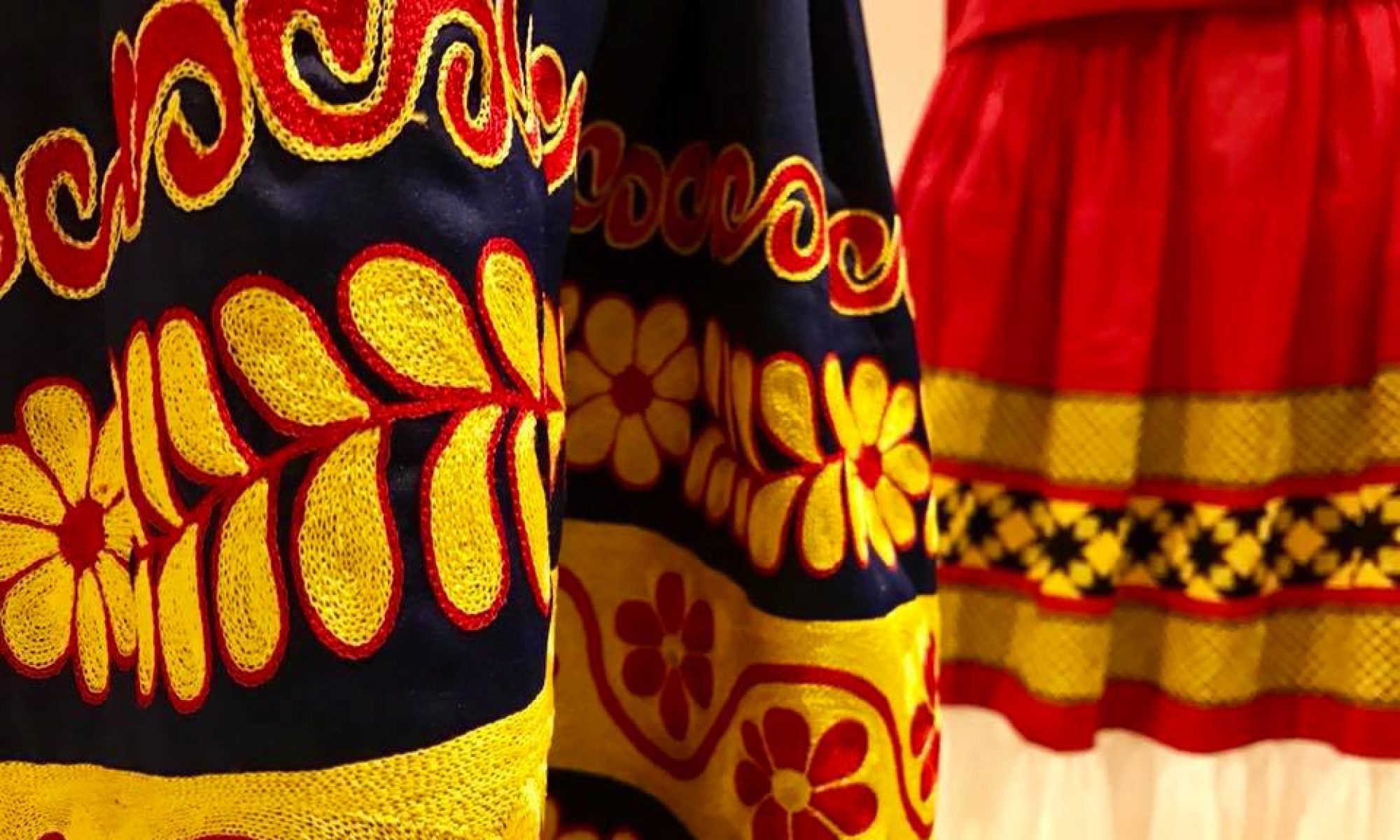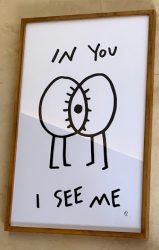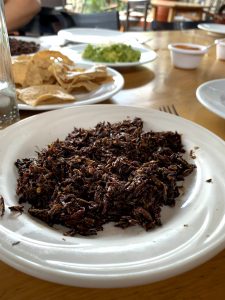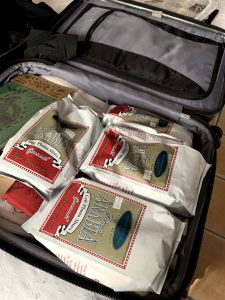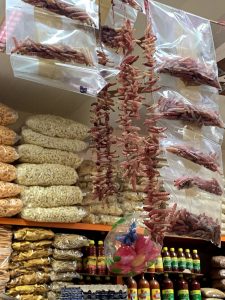“If you have come here to help me, you are wasting your time. But if you have come because your liberation is bound up with mine, then let us work together.”
I can’t believe this is the last blog I will be writing for this class.
This week I was assigned the Waorani. I really enjoyed it.
Big thanks to Alara Sever, Geneviève Lalonde, and Katerina Vyskotova, you did a great job!
While reflecting on this term, I noticed the strong sense of community in every one of the Indigenous groups we studied. For the Shipibo Konibo, the Garifuna, the Maya, the Quechua, the Zapotecs and the Waorani, the community and reciprocity were key.
Lately, I have been stressing and trying to unsuccessfully fight insomnia. I have been trying to balance academics and work while trying to comply with pandemic safety measures. I think it is quite easy to complain and be self-centred during these times. Realizing how self-centred I have been this term made me admire even more the sense of community of all the groups who have fought for centuries for their autonomy and the self-donation of many members for the well-being of their community. For example, how Nelida from “Hija de la laguna” decides to go live in an urban setting that she doesn’t enjoy, so she can protect community members from the injustices of mining companies and the government. Or Alicia Cawiya and Nemonte Nenquino, Waorani women, that dedicate their lives to fight for nature, which they feel is also part of their community.
Their example made me reflect on my own actions. I think it is necessary, and I should take action now despite the pandemic, despite being a student busy with school and work. Life won’t get any less busy afterwards. I should incorporate standing for others and fighting for what I care about today because no one knows anything about the future.
Anyways, another quote for the final season:
“It’s hard to find the rhythm when the rhythm keeps changing. Go easy on yourself.”
